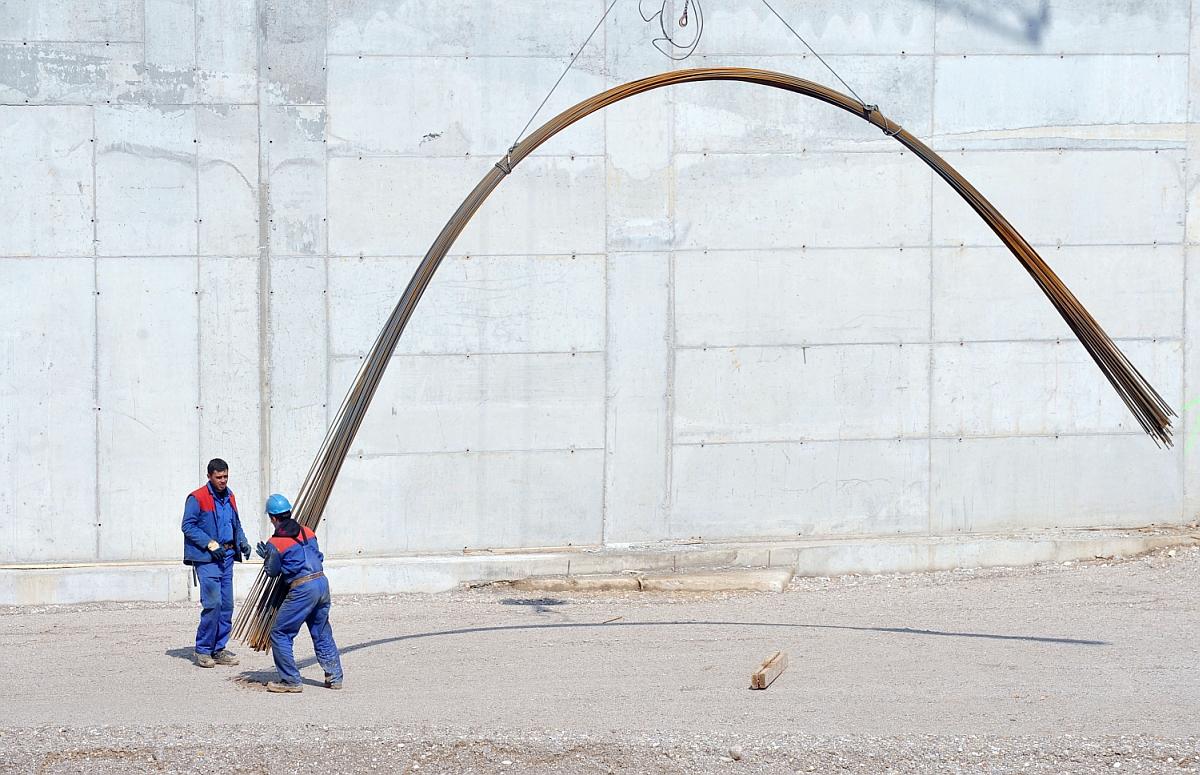
Slovenia placed 55th. And while Eastern Europe is rapidly improving its competitiveness in the world, Maja Derčar tells Radio Slovenia, thatSlovenia is losing spots because of its public finances, fast-growing debt and business inefficiency.
Two thirds of the report published today, are based on sheer statistical data, while a third is based on a survey conducted among managers. And out of all the countries Slovenian managers gave the worst grades for their fields of work i.e. the work of their colleagues and the conditions for work in Slovenian companies.
Its high dependence on indebtedness and manager concepts is what brought Slovenia to the very bottom of the competitiveness list, putting business efficiency and values at a low point. According to Derčar, it probably doesn't have a lot to do with self-criticism, as it has to do with critically assessing the work of others and assessing the state in over-indebted companies.
Managers: We're not open to foreign ideas
Managers don't have a good reputation. They say companies don't give advantage to the training of talents, that Slovenian culture isn't open to foreign ideas and challenges, that the auditing and accounting practices in companies are terrible, and that supervisory bodies don't supervise the executive management's work. Acknowledging the current state is certainly a much needed step forward in introducing changes in business practices. But acknowledging these sad conditions is nothing new. We've been hearing that for some years now and nothing has changed in regards to business efficiency. Even worse, the number of companies owned by the state is increasing, while the state management of companies still isn't regulated. Managers also warn of inflexibility and powerful trade unions.
Normally supervisors strictly take care of the interests of the company and improving its business. In Slovenia supervisors, assigned to their positions by company owners, wait for the owner's instructions and rotate among the leading positions in the company, from which they can draw funds. Experts say there is still a lack of knowledge and responsibility among supervisors. It is useful though if there are foreigners in supervisory bodies.
Apart from inefficient corporate management, Slovenia's competitiveness is also in decline due to inadequate technical equipment. Slovenians are very capable and hard-working, they do listen, but work in companies with low technical demand. Added value suffers.
In addition university education doesn't meet the needs of the country's economy. There is great concern about research projects and development potentially moving abroad, and the ever more likely emigration of people with an entrepreneurial spirit.
Slovenia also has advantages
Despite placing 55th on a list of 60 countries, Slovenia also has key competitive advantages. Those are international trade, a qualified work force, its price competiveness, its still solid infrastructure, healthy environment and a low highest tax rate on profits.
The U.S. remains first in the competitiveness ranking, followed by Switzerland, Singapore and Hong Kong. Apart from Switzerland four other European countries are in the Top 10. Sweden is in fifth, Germany in sixth, Denmark is ninth and Norway is in tenth place.

































































